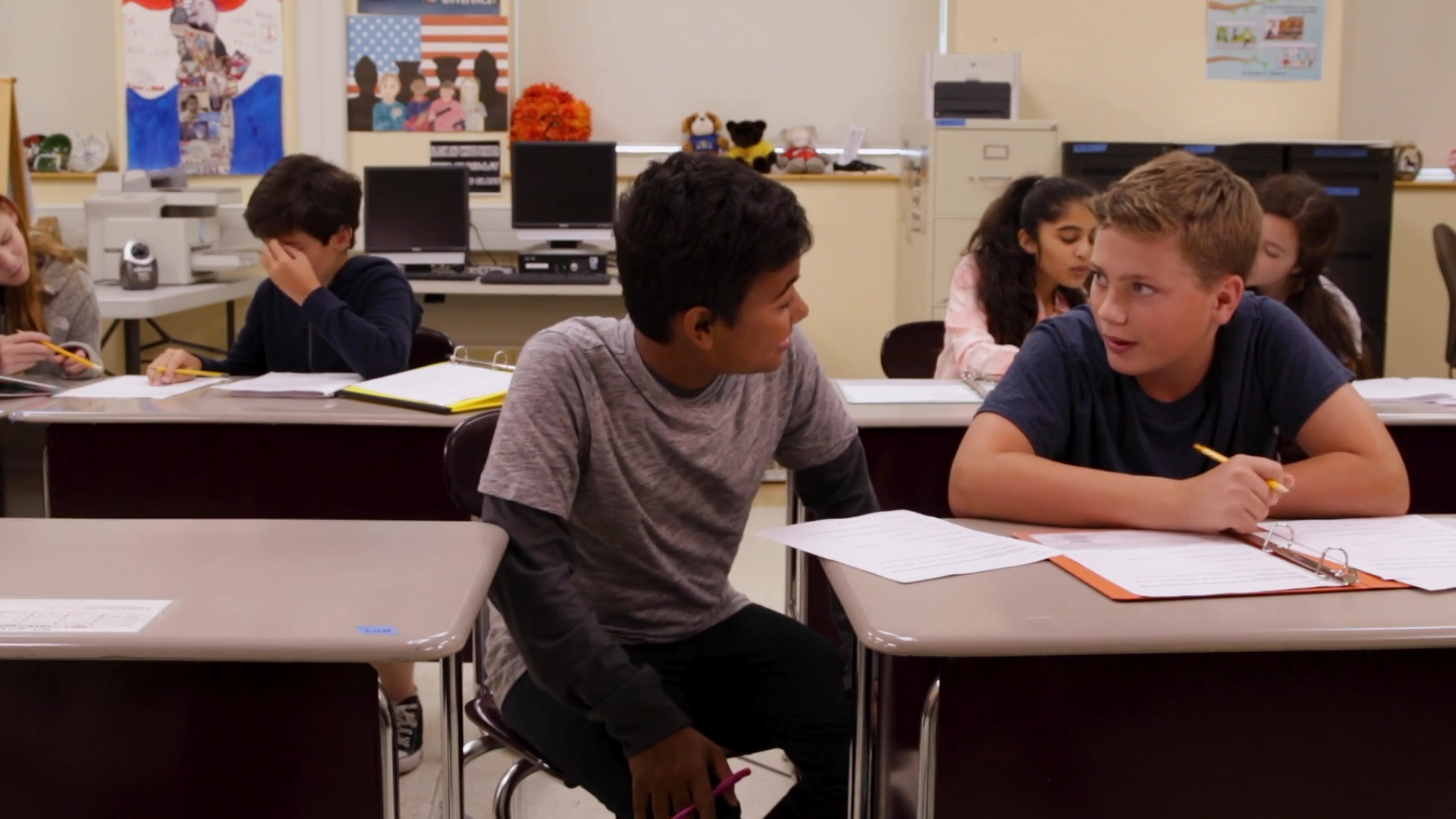
Introduction
Friendships are essential for the social and emotional growth of all students, including those in special education. A strong friendship is built on mutual interests, trust, and equal effort from both parties. In this blog post, we will explore a no-prep activity that helps students understand the importance of getting to know each other and maintaining a balanced friendship. Additionally, we will provide discussion questions and related skills to further enhance your students’ ability to build and maintain strong friendships.
No-Prep Activity: The Friendship Circle
One effective way to encourage students to build friendships is through the “Friendship Circle” activity. This activity requires no preparation or materials and can be easily adapted for any group size. Here’s how it works:
- Have students form a circle, either sitting or standing.
- Ask one student to start by sharing their name and something they enjoy doing (hobby, favorite game, etc.).
- Going clockwise, the next student in the circle repeats the previous student’s name and hobby, then shares their own name and hobby.
- Continue around the circle until every student has shared their name and hobby and repeated those of the students before them.
This activity promotes active listening, memory, and interpersonal communication skills. It also helps students find common interests and encourages them to make an effort to learn about and remember their peers’ hobbies and preferences.
Discussion Questions
- What are some ways you can show your friend that you care about their interests and hobbies?
- How can you make sure that both you and your friend are putting equal effort into the friendship?
- What are some signs that a friend is making an effort to maintain the friendship?
- How can you use the information you’ve learned about your friend to plan an activity or outing they would enjoy?
- Why is it important to remember the facts about your friends when engaging in conversations or making plans with them?
Related Skills
Beyond the basics of building friendships, there are other skills that are essential for students in special education to develop. Some of these related skills include:
- Empathy: Understanding and sharing the feelings of others is crucial in forming strong friendships.
- Conflict Resolution: Learning how to navigate disagreements and find solutions is important for maintaining healthy friendships.
- Active Listening: Paying attention, asking relevant questions, and showing that you understand what your friend is saying helps build trust and connection.
- Sharing: Being open to sharing your own thoughts, feelings, and experiences allows your friend to get to know you better and encourages them to do the same.
Next Steps
Now that you have a better understanding of how to help your special education students build strong friendships, the next step is to put these ideas into practice. To access free sample materials for building friendships and other essential social-emotional learning skills, visit Everyday Speech’s sample materials page. These resources can serve as valuable tools in your journey to support your students in developing meaningful connections and friendships.

